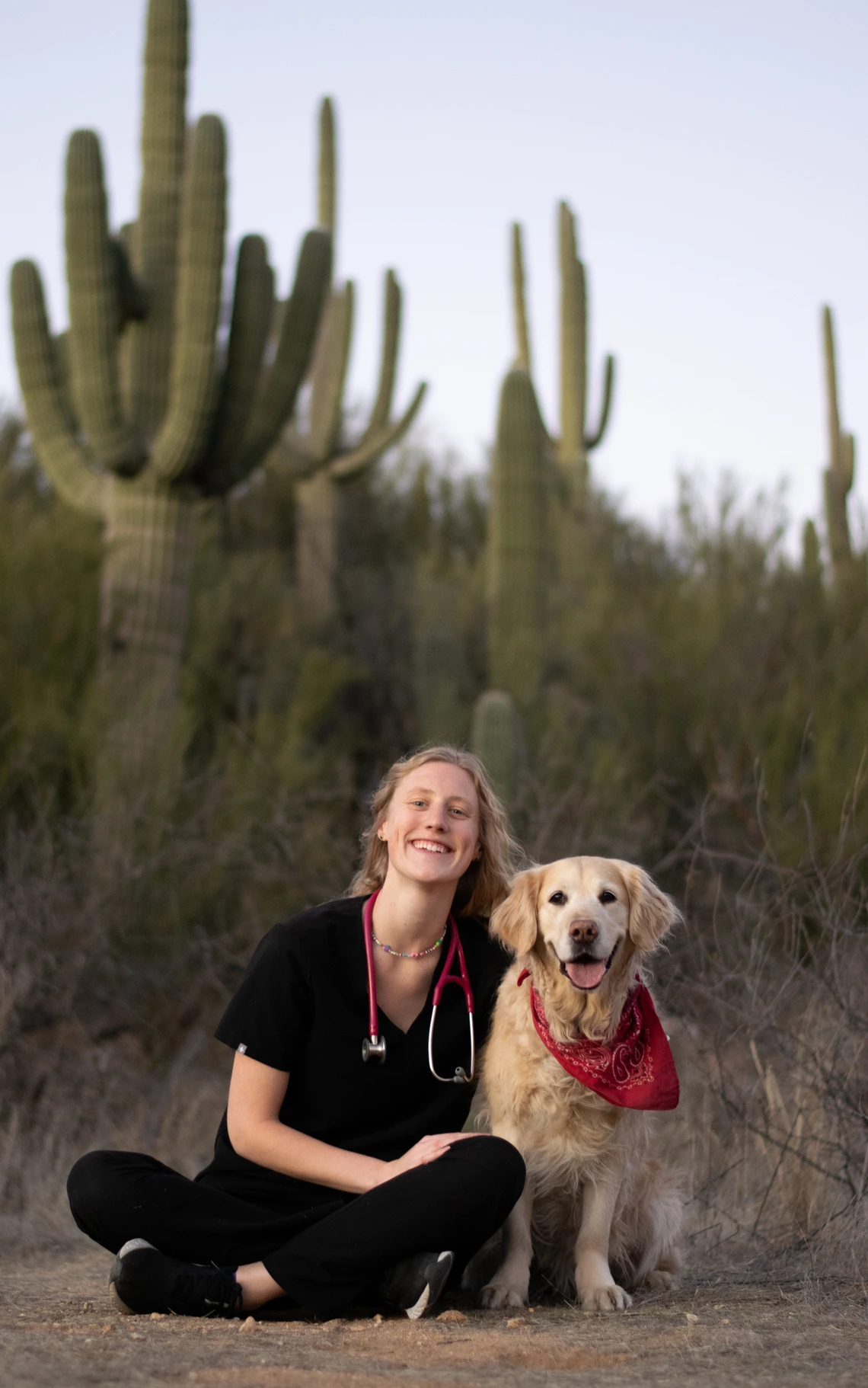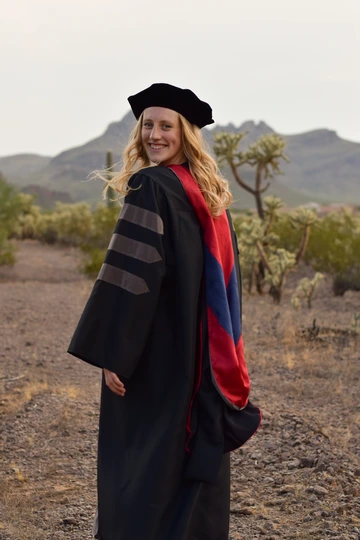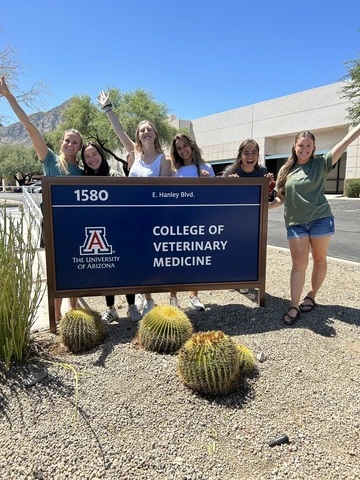VetCat Graduation Stories: Samantha Kjelsberg
Celebrating our VetCat Journeys: Where They Are Going

Samantha "Sammy" Kjelsberg is excited to step into the world of small animal emergency medicine starting in mid-October at Atascadero Pet Hospital and Emergency Center in Atascadero in San Luis Obispo, California.

Educational Journey and Career Path
Sammy's time in veterinary school allowed her to explore various aspects of veterinary medicine, leading her to discover her love for cardiology, neurology, and even surgery—an area she initially found daunting. "Vet school gave me the chance to explore all aspects of veterinary medicine and gave me an appreciation for areas of the field I didn't know as well," she shares. The support and encouragement from instructors and mentors played a significant role in her growth, pushing her to learn more and gain confidence. "Both school and clinical year gave me the space to explore and try new things, which I loved. Our instructors were great at fostering curiosity, pushing us to learn more, and giving us so much support."
With a natural inclination towards emergencies, Sammy is eager to take on the challenges of her new role as a veterinary emergency physician. "It is where I feel I can help most in the world," she says. The opportunity to continue learning and growing under excellent mentorship is something she looks forward to as she finally steps into the role she’s been working toward for years.
Clinical Year Reflections
For Sammy, the clinical year was a transformative experience that brought everything together. "[Clinical year] was where I found my identity as a doctor and learned how I want to practice medicine in the future," she reflects. The ability to travel to different states for rotations added to her personal and professional growth, allowing her to gain confidence and make valuable connections in various clinics across the western U.S.
"I met some of the most amazing people in the clinics I worked at and am so grateful for those connections. I also appreciated that we could travel to different states to fulfill our rotations. I was able to do rotations in various parts of four different states—Colorado, Oregon, California, and Arizona—which gave me time to see and experience new places. I grew as much personally from this last year as I did academically!"

Advice for First-Year Students
Sammy emphasizes the importance of balancing hard work with taking time to enjoy life outside of school. "Vet school is stressful and challenging, but prioritizing mental health and designating break times in the week to step away from school is so important," she advises.
"Study hard, but more importantly, go have fun! For me, this was setting aside Friday night and all day Saturday to do fun, non-school things. Find something to do outside of school! Find a group that wants to have game nights or play soccer. Enjoy your time with each other because it goes by incredibly fast."
As Samantha Kjelsberg prepares to begin her career in small animal emergency medicine, she carries the experiences, knowledge, and connections she gained throughout her educational journey. Her passion, dedication, and readiness to embrace the challenges make her well-prepared for this exciting new chapter.
